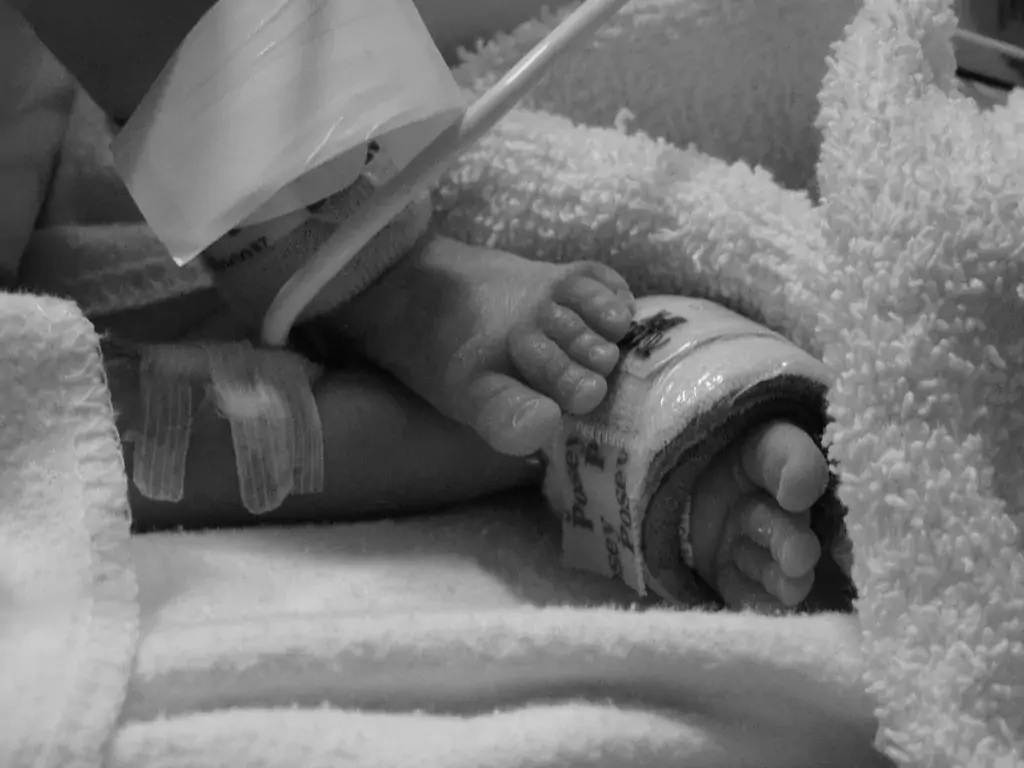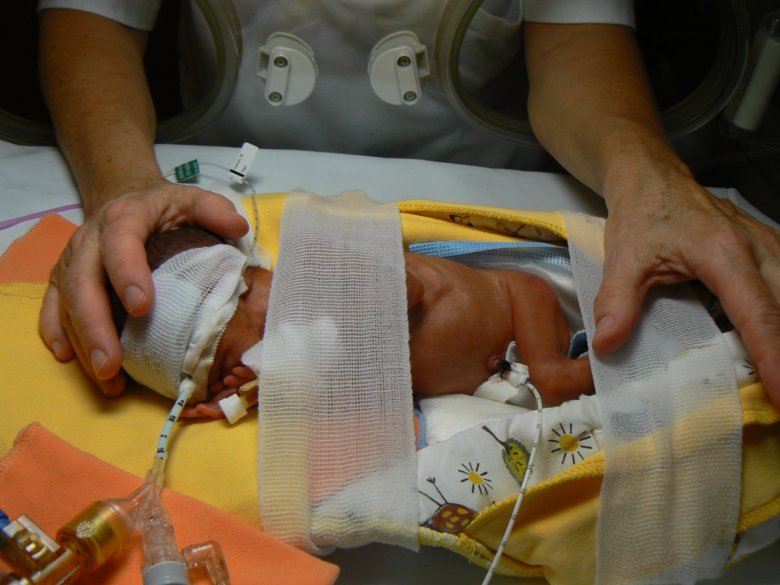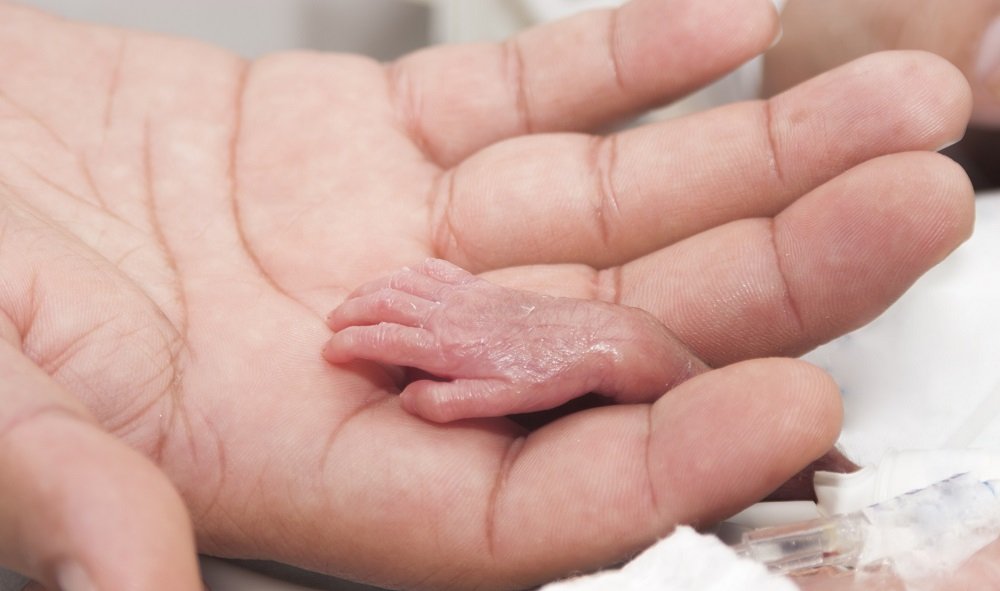
Spotlight on premature birth
Survival rates for premature babies have increased dramatically over the last 40 years, and researchers are now focusing on developing neonatal care to minimise the health risks of starting life prematurely.
 Photo: Epo, European Patent Office
Photo: Epo, European Patent OfficeHe saved millions of preterm babies
Meet KI researcher Tore Curstedt who devoted his life to Curosurf, a drug that has helped to activate the lungs of millions of preterm babies. In the spring of 2016 he was nominated for a Lifetime Achievement Award by the European Patent Office.
 Photo: Ann-Sofi Ingman
Photo: Ann-Sofi IngmanFrom survival to a vision of lifelong health
Survival rates for premature babies have increased dramatically over the last 40 years. Before 1970 over 90% of all babies under a kilo died, whereas today almost 90% survive.
 Photo: Getty Images
Photo: Getty ImagesImmediate skin-to-skin contact after birth improves survival of pre-term babies
Continuous skin-to-skin contact starting immediately after delivery even before the baby has been stabilised can reduce mortality by 25 per cent in infants with a very low birth weight. This according to a study in low- and middle-income countries coordinated by the WHO on the initiative of researchers at Karolinska Institutet published in The New England Journal of Medicine.
 Photo: iStock
Photo: iStockSweden leads the world in saving extremely preterm babies
The survival rate among extremely preterm babies has greatly improved in Sweden, a country that offers top-class neonatal care, a study led from Karolinska Institutet published in the esteemed journal JAMA reports.
 Photo: Pixabay
Photo: PixabayFace blindness common among extremely premature babies
Face blindness, or prosopagnosia, is a recently discovered and little known disorder that is more common among those who are born extremely early.
 Photo: Stefan Zimmerman
Photo: Stefan ZimmermanStudies brain development in preterm babies
Many babies who are born very prematurely suffer some form of brain damage. Ulrika Ådén, Professor of Neonatology at the Department of Women's and Children's Health, researches how the risk of such damage can be mitigated, and how the damage caused can be alleviated.
